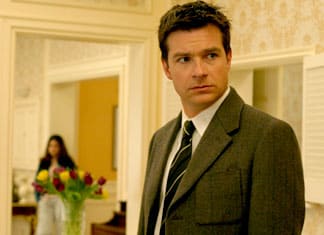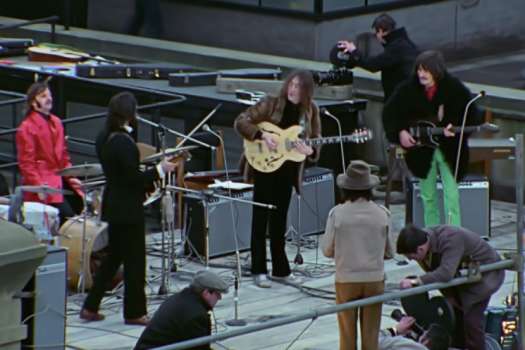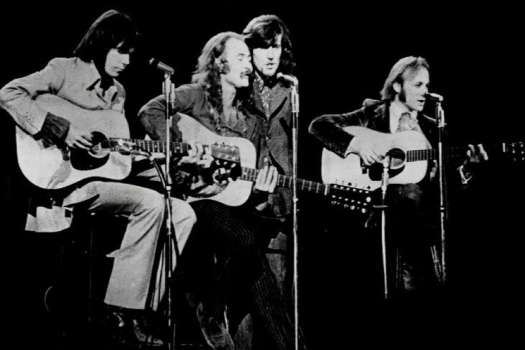The boom of television on DVD has managed to resurrect some critically-acclaimed programs that failed to find an audience during their broadcast TV lifetime, like Family Guy or Freaks and Geeks. But now the speed with which shows are being turned around finds them on the front lines of actually saving a show by helping it find enough of an audience to actually keep it on the air. From the first few weeks of Fox sitcom Arrested Development, which floundered on a Sunday night timeslot opposite one of the ratings juggernaut Law & Orders and against another critically acclaimed show, Alias, there was buzz that it wasn't going to last a handful of episodes. But there was also a different buzz: that Arrested Development was more than just an average sitcom, and that like other Fox shows like Andy Richter Controls the Universe and Greg the Bunny, it actually had a fresh approach and was legitimately funny. Of course, Richter and the Bunny, which will both enjoy "complete series" DVD issues, never made it out of season one. Perhaps it was Jeffrey Tambor and David Cross that kept Arrested Development afloat. The show concerns the Bluth family. The patriarch (Tambor) is in jail for fraud and the most responsible son, Michael (Jason Bateman), tries to run the business and keep his whacked-out family in line. The family includes his hot, incompetent twin sister (Portia de Rossi) and her psychiatrist-turned-actor husband (David Cross); his son George Michael (the brilliant Michael Cera) and his niece Maeby (Alia Shawkat); his eldest brother, suave amateur magician GOB (pronounced like the Biblical martyr, not spit), and his youngest brother Buster (Tony Hale), who has trouble with enclosed spaces, open spaces and being away from mom (Jessica Walter). Arrested Development, which takes its title from a play on the fact that the family lives in a model home for an incomplete housing development, now on hold due to Dad's incarceration, could certainly fall into the realm of spoof with relative ease. After all, the "wacky" eccentric family members could slide into Mama's Family territory almost as easily as Twin Peaks, but the show does neither. None of the family's eccentricities the discovery that brother-in-law Tobias is a "never nude," for example, or the prison nipple tweaking of an FBI agent is played strictly for slapstick, but always for its character depth as well. And for the success at pulling off some of the weirder comedy on television, the cast deserves all the credit. Add to that some genius guest-starring appearances. One only hopes and prays that Liza Minelli will return as "the other Lucille" in season two; the same goes for Ron Howard's Happy Days bud Henry Winkler. Julia Louis Dreyfus did a remarkable two-ep arc as a blind lawyer and love interest to Michael, but the show wisely keeps its eye on the family, the root of all comedy. The show is shot documentary-style, with executive producer Ron Howard also serving as the show's un-credited narrator. With this unconventional style it's easier to cram more plot and stranger rhythms into the show; even the common teaser "on the next
" that ends each show never highlights upcoming episodes, but actually serves to resolve dangling plot threads. A raft of deleted scenes on these three DVDs, including entire subplots cleaved from the final episodes, demonstrates just how dense this show is. Other extras include gang-style episode commentary that's occasionally funny but mostly distracting, panel discussions and other promotional featurettes all designed to convince you of what you already know if you're watching the set: Arrested Development is one of the funniest shows on television. If you're watching it now, you're in on the ground floor. If you're not, what the hell better do you have to be doing? (Fox)
Arrested Development: Season One

BY James KeastPublished Nov 1, 2004



